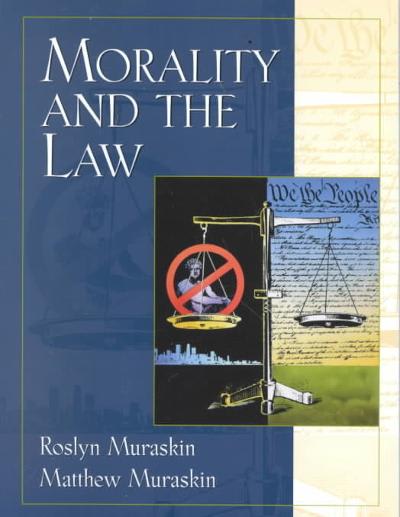Question
Enforcing Non-Contracts Promissory Estoppel Promissory estoppel: A possible remedy for an injured plaintiff in a case with no valid contract, when the plaintiff can show
Enforcing Non-Contracts
Promissory Estoppel
Promissory estoppel: A possible remedy for an injured plaintiff in a case with no valid contract, when the plaintiff can show justifiable reliance on a promise made by defendant.
Even when there is no contract, a plaintiff may use promissory estoppel to enforce the defendant's promise if he can show that:
The defendant made a promise knowing that the plaintiff would likely rely on it
The plaintiff did rely on the promise
The only way to avoid injustice is to enforce the promise.
Aetna made a promise to the Andreasons - namely, its assurance that all of the damage was covered by insurance. The company knew that the Andreasons would rely on that promise, which they did by ripping up a floor that might have been salvaged, throwing out some furniture, and buying materials to repair the house. Is enforcing the promise the only way to avoid injustice? Yes, ruled the Utah Court of Appeals.[1]
Many promissory estoppel cases involve employment law - bosses make promises that they fail to keep. The following case illustrates what can happen when you bet on the wrong promise:
Case:Harmon v. Delaware Harness Racing Commission, 62 A.3d. 1198 Supreme Court of Delaware, 2013.
Facts: The Delaware Harness Racing Commission (Commission) hired Donald Harmon to be the Presiding Judge of harness racing (charged with enforcing racetrack rules). After years on the job, Harmon was arrested for improperly changing a judging sheet to favor a horse. The Commission suspended him without pay pending the outcome of the criminal case.
John Wayne (yes, his name was John Wayne) was the executive officer of the Commission. During his suspension, Harmon asked Wayne if the Commission would reinstate him upon being acquitted. When Wayne asked the commissioners they looked at each other and then said "Yes." The commissioners told Wayne he could relay that message to Harmon. Based on this promise, Harmon decided not to look for other jobs.
Immediately after his acquittal, Harmon asked for his job back. After some time, the Commission refused to reinstate him as promised. Harmon sued the Commission, claiming promissory estoppel. A trial court sided with Harmon and awarded him $102,273, representing the wages he would have earned if the Commission had kept its promise. But the Superior Court reversed the decision, so Harmon appealed to the Supreme Court of Delaware.
Issue: Was the commissioners' promise to Harmon enforceable?
Decision: Yes, the commissioners' promise to Harmon was enforceable under promissory estoppel.
Reasoning: To prevail on a promissory estoppel claim, Harmon had to prove that: (1) the Commission made a promise to him; (2) which it reasonably expected him to rely on; (3) he did rely on it, to his detriment; and (4) to avoid injustice, the Commission's promise must be enforced.
All four of these requirements were met:
1.When Wayne asked if Harmon would be reinstated, the commissioners all looked at each other before saying "Yes." This informal vote was clear evidence that a promise was made.
2.The commissioners told Wayne to relay their decision to Harmon. They must have known Harmon would rely on Wayne's word.
3.Harmon did not look for other work. Thus, he suffered a substantial detriment.
4.It would be unfair for Harmon to lose income because he relied on a promise from the commissioners.
Question: What are the elements of promissory estoppel in this case?
Answer: A plaintiff must establish that: (i) a promise was made; (ii) it was the reasonable expectation of the promisor to induce action or forbearance on the part of the promisee; (iii) the promisee reasonably relied on the promise and took action to his detriment; and (iv) such promise is binding because injustice can be avoided only by enforcement of the promise.
Question: How did Harmon reasonably rely on the Commission's promise and take action to his detriment?
Answer: He was offered several horse training opportunities, but he could not pursue them because, if he did, he would not be allowed to return to his position as a judge.
Question: Who is the promise in this case?
Answer: Harmon
Step by Step Solution
There are 3 Steps involved in it
Step: 1

Get Instant Access to Expert-Tailored Solutions
See step-by-step solutions with expert insights and AI powered tools for academic success
Step: 2

Step: 3

Ace Your Homework with AI
Get the answers you need in no time with our AI-driven, step-by-step assistance
Get Started


